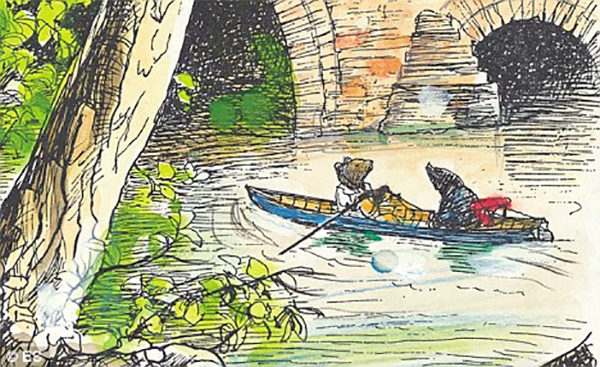On April 6, 2016, 50-year-old separated father-of-two Michael Danaher broke into the Oxford home of Adrian Greenwood, a historian and art-dealer best known for a well-reviewed biography of nineteenth-century British officer Sir Colin Campbell. Danaher tortured and stabbed Greenwood more than 30 times, and left him for dead in the hallway of his house. Greenwood’s dead body was found the next day by his cleaner. Danaher was arrested and subsequently charged with murder less than a week later — British police discovered that he had placed the only item of note missing from Greenwood’s home up on eBay for sale. Danaher was easily convicted and sentenced to thirty-four years in prison — authorities even discovered that Danaher had stopped to take a bloody selfie outside of Greenwood’s house after the murder.
Login to read more
Sign in or create a free account to access Subscriber-only content.
Topics:
